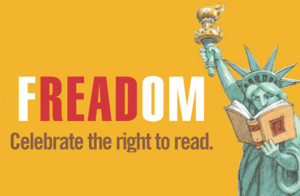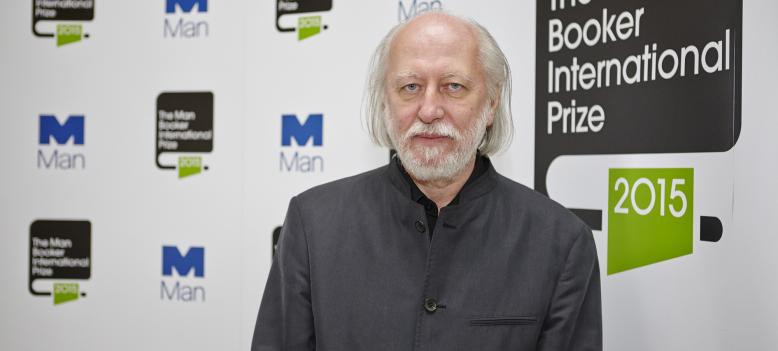Cory Doctorow (Webstock, 2015) on technology:
If we’re going to solve the serious, existential risks to the human race – things like environmental apocalypse – we’re going to need social and technical infrastructure that can support evidence-driven, public-spirited institutions that can help steer us to a better place.
Alas, we’re in trouble there, too. We’re living in a nearly airtight bubble of corruption and coercion. The only policies that states can reliably be expected to enact are those with business models – laws and actions that make someone incredibly rich, producing the private wealth necessary to lobby state to continue the policy and keep the money flowing.
There’s always been practical limits to how wide the gap between the rich and poor can get – at a certain point, elites end up spending more money guarding their wealth from the ever-enlarging, ever-more-desperate cohort of poor than they’re getting from corrupt policies and self-dealing relationships with the state.
But technology changes all that. The automation of surveillance and coercion makes the business of maintaining social order vastly cheaper, and therefore increases the amount of wealth the very richest can keep to themselves rather than doling out dribs and drabs to the rest of us.
Thus the miseries of a technologically supported system of feudalism dwarf those of the darkest days of kings and lords. And the ever-dwindling accountability of ruling elites means that evidence-driven policy is harder and harder to enact, and when it is, that policy needn’t be in the common interest.
We need to crack the airtight bubble. We need to find a way to begin unravelling the knotwork of decades of neoliberal corruption.
The first step to this is to seize the means of information. We need computers that we do what we tell them to do, and networks that we can trust, in order to carry out a program of popular reform for good governance, fairness, and equity.
We can do this, and we will do this. Because this is a policy with a business-model, and policies with business-models are the only policies the modern state can be relied upon to enact.
Watch him speak to this point (and so much more) in an hour-long video here:Â https://vimeo.com/123473929



